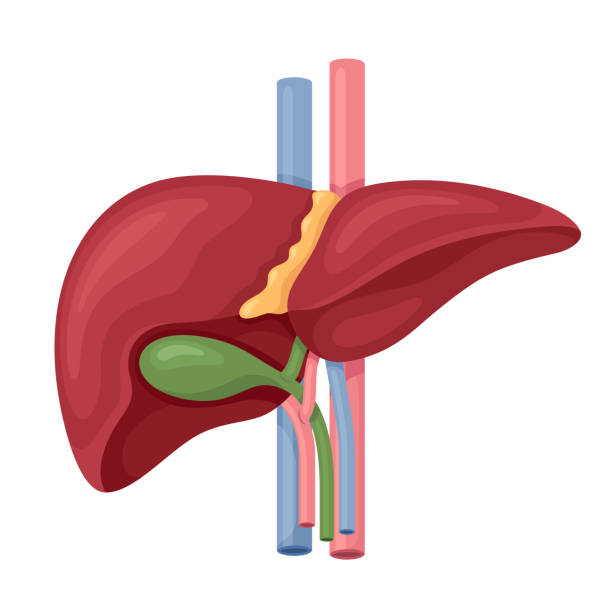⚠️ Important Safety Information
Consult your doctor before using Metochlopramide if you have liver disease, are pregnant, or are breastfeeding.
What is Metochlopramide?
Metochlopramide is a drug which increases gastric emptying. It reduces time required to
dump the food from stomach to small intestines. it is effective in treatment nausea and
vomiting.
How does Metochlopramide work?
Dopamine is present in gastrointestinal tract in significant amount. It slows down gastric
movements. Dopamine also has inhibitory effect on lower esophageal sphincter ( a valve that
helps to pass food from food pipe to stomach ). Metochlopramide increases tone of this valve
that stops movement of food from stomach back to food pipe. This mechanism helps in
vomiting. Additionally , metochlopramide reduces nausea by blocking dopamine receptors in
CTZ ( chemoreceptor trigger zone ) area of brain stem
📌 Uses
Metochlopramide is FDA-approved for many conditions related to nausea and vomiting:
- Gastroparesis:it is a condition where gastric movements are slowed down. Short-term
treatment ( <12 weeks ) with metochlopramide is used to increase gastric emptying. Best
example of such description includes diabetic gastroparesis .
- Nausea and Vomiting: metochlopramide is effective in reducing nausea and vomiting.
Includes chemotherapy induced nausea and vomiting (CINV), post-operative nausea and
vomiting (CINV)
- Before Upper GI Endoscopy:: emptying gastric contents before endoscopic procedure helps
in better visualisation of stomach pathology
- Before Contrast Radiography:: ensuring the stomach is empty can improve imaging results.
Dosage
- Adults : 10 mg upto 3 times a day can be given, 30 minutes before a meal. Dose is
available in oral/Intravenous/intramuscular routes.
- Children : 0.1 to 0.15mg/kg/dose, upto 3 times per day. Dosage depends on their weight.
Consult a pediatrician before using in children
⚠️ Side Effects
Metochlopramide therapy comes with adverse effects including :
- Restlessness
- Fatigue
- Extrapyramidal side effects that include :
- Dystonia (repetitive involuntary muscle contractions)
- Parkinson like symptoms( slow down of movements, mask like face)
- Tardive dyskinesia (involuntary repetitive movements of face , mouth , tounge and neck)
- Anxiety
- Depression
- Prolonged QT interval in ECG.
🔍 Precautions
Before taking rabeprazole, tell your doctor if you have:
- 🍷 Alcohol: It is not safe to consume alcohol while you are on metochlopramide drug.
- 🤰 Pregnancy:safe to use in pregnancy. It is safe to use under guidance of treating physician to
combat nausea and vomiting in early pregnancy.
- 🍼 Breastfeeding: Consult your attending physician before taking metachlopramide while
breastfeeding.
 Liver:Metochlopramide is safe in liver disease. Please consult your doctor before taking it
Liver:Metochlopramide is safe in liver disease. Please consult your doctor before taking it Kidney:Dose reduction is needed in kidney diseases.It is not advised to take dose more
than prescribed by your doctor
Kidney:Dose reduction is needed in kidney diseases.It is not advised to take dose more
than prescribed by your doctor
🔄 Drug Interactions
Omeprazole is broken down via enzymes like CYP2C19 and CYP3A4 which predisposes it to several drug interactions:
- With Antipsychotics (e.g., haloperidol,risperidone) : increases risk of extrapyramidal side
effects. Dose adjustment is needed
- With SSRI (selective serotonin reuptake inhibitors) : Increases risk of extrapyramidal side effects
- With CNS depressants like alcohol , sleeping pils : additive sedation is seen which can
potentially harmful.
- With SSRI/ SNRI/other serotonin enhancing drugs : co-administration increases plasma
levels of serotonin and causes 'serotonin syndrome'
📦 Storage
- Store at room temperature (68-77°F or 20-25°C)
- Keep in original container, tightly closed
- Protect from moisture and light
Quick tips from experts:
- Avoid taking Metochlopramide for duration more than prescribed by doctor, It may
increase risk of side effects.
- Abstain from alcohol and smoking.
🚨 Emergency Information
In case of overdose, contact poison control immediately at 1-800-222-1222 or seek emergency medical attention. Symptoms of overdose may include severe nausea, vomiting, stomach pain, confusion, ringing in ears, fever, and difficulty breathing.
📚 Resources
- 1] Brunton LL, Knollmann BC, editors. Goodman & Gilman's The Pharmacological Basis of Therapeutics. 14th ed. New York: McGraw-Hill Education; 2023.
- 2] Katzung BG, Vanderah TW. Basic & Clinical Pharmacology. 16th ed. New York: McGraw-Hill; 2024.
 Liver:Metochlopramide is safe in liver disease. Please consult your doctor before taking it
Liver:Metochlopramide is safe in liver disease. Please consult your doctor before taking it